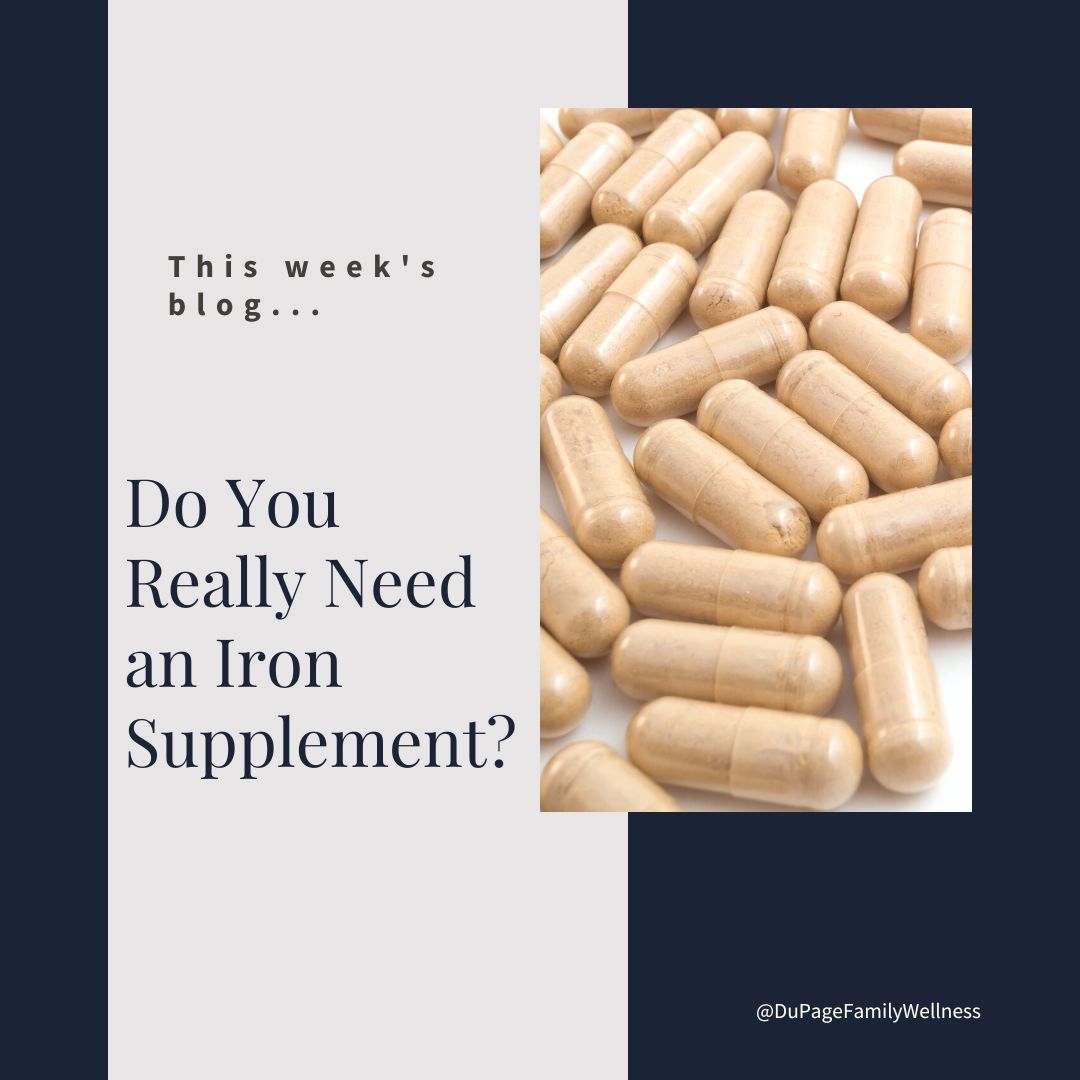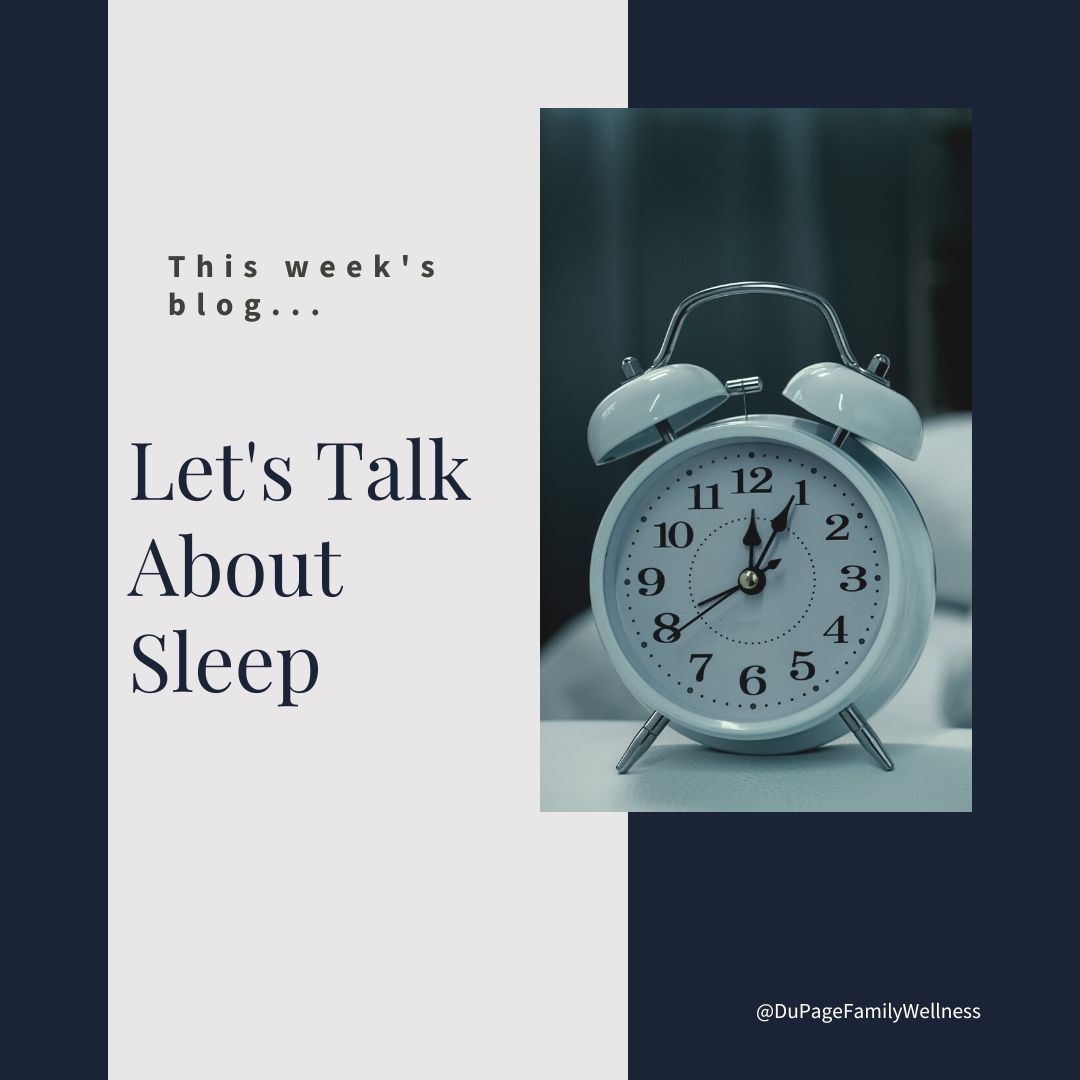 Have you ever thought about how our ancestors long ago lived compared to how we live today? And how our modern conveniences have changed the world we live in and what that means for you?
Have you ever thought about how our ancestors long ago lived compared to how we live today? And how our modern conveniences have changed the world we live in and what that means for you?
When you stop to think about it, the differences are drastic. We don’t move, eat, or sleep the same as people did thousands of years ago. Even our grandparents had a different life than those thousands of years ago, though they were much closer than we are today.
Let’s look at the impact that our current culture and environment have on our health and see what we can do to honor what our bodies have always needed.
Food, Movement, & Sleep for Our Ancestors
Thousands of years ago our ancestors were dependent on the land. They didn’t have any other source of food than that which they could provide for themselves.
As hunters and gatherers, they needed to move much of the time. They walked many miles to chase prey. They spent a lot of time gathering food from plant sources - berries, roots, etc. - but oftentimes food was scarce.
Even when they relaxed, they had to physically support their bodies, sitting on the ground or a bench made of logs. In general, movement didn’t need to be an intentional decision, it was simply built into their everyday life.
Our ancestors also tended to follow the rhythm of the sun. Since their light was limited to the sun, stars, and possibly a fire, they likely did not stay up to all hours of the night. Bright light in the morning and darkness at night supported a healthy circadian rhythm.
Read more ...
 It’s not only kids that avoid certain foods. Many adults who don’t consider themselves picky eaters avoid certain foods as well.
It’s not only kids that avoid certain foods. Many adults who don’t consider themselves picky eaters avoid certain foods as well.
Some people are afraid to eat specific foods because they have been told they are unhealthy, while others think they will taste bad.
Let’s look at 5 foods that many people avoid and tear down the myths that surround them. You might be surprised that the following foods have many health benefits and actually taste good!
Red Meat
Many people think that red meat is unhealthy, raising your cholesterol and setting you up for heart disease. However current research shows this is not true.
According to Dr. Chris Kresser, “despite what you’ve heard, red meat is an extremely healthy and nutrient-dense addition to your plate. It’s a great source of vitamin B12, Vitamin d, Iron, Zinc, Magnesium, Copper, Cobalt, and more.”
For more information about the benefits of red meat check out his article Red Meat: The Food They Love to Hate or download his eBook The Truth About Red Meat.
Eggs
Eggs have gotten a bad reputation over the years. It makes me sad that so many people are afraid of cholesterol, because cholesterol in our diet is not the enemy!
Studies have shown that eating eggs does not affect blood cholesterol in 75% of the population and only modestly increases LDL and HDL cholesterol in the rest of the population. These studies have found that eating eggs does not increase the risk of heart disease.
To learn more about why your body actually needs cholesterol check out my blog post Bacon & Eggs: Healthy or Not.
Read more ...

Do you feel tired all the time? If so, you may wonder if you are iron deficient. You may try to take iron supplements or go to the doctor for testing.
If you go to the doctor, they will probably use a blood test to check the ferritin levels in your body. Ferritin, a protein in iron, is often thought to be the best way to check for low iron or anemia.
But what if the iron is already in your cells, not in your blood? Are you really lacking iron in your body, or is the iron simply not working properly?
Let’s look at the purpose of iron and how it works in the body, so we can use this knowledge to make wise decisions about our iron consumption.
Iron’s Purpose & Movement in the Body
We cannot survive without oxygen circulating through our bodies. Iron's one responsibility is to carry oxygen in the body. Think of it as a waiter with a silver tray gracefully carrying the oxygen where it needs to go throughout the body.
The oxygen is carried on the iron through the body on red blood cells. You can think of the red blood cells as a moving sidewalk as you see in airports.
Once a red blood cell is not working anymore, the iron is able to keep circulating through the body by jumping on another red blood cell.
So, the waiters (iron) are riding on moving sidewalks (red blood cells) while carrying a tray (with oxygen on it). When one moving sidewalk (red blood cell) stops working, the waiter (iron) steps onto another moving sidewalk (red blood cell).
For this reason, we can say that the body has its own recycling system in regard to iron! The iron doesn’t stop working when the red blood cell does. It is just carried through the body on another red blood cell.
Read more ...
 What have you been doing to take care of yourself this summer? Whether the kids are home or work is in full swing (or both), it’s important to take time for yourself!
What have you been doing to take care of yourself this summer? Whether the kids are home or work is in full swing (or both), it’s important to take time for yourself!
This doesn’t have to take long or cost a lot of money. Some self-care techniques only take five minutes are completely free. While it’s nice to take vacations or do spa days, these little things may be more practical.
So, take time now to look at our biggest tips for taking care of yourself, and make a plan for your summer!
Grounding
Grounding is bringing your awareness to the present moment. This is done through awareness of your body and surroundings. Since most of our worry is about things in the past or things yet to come, this is extremely helpful in dealing with stress.
Simply closing your eyes and paying attention to your breath brings you back to the present moment. Intentionally looking at things in your surroundings or noticing sensory input can be effective as well. The key is the intention and awareness of the action.
For more directed grounding exercise check out the following.
Social Connection
Meaningful social connections are good for your mental and physical health. Positive connections lead to the activation of the parasympathetic nervous system. This is often referred to as co-regulation of the nervous system.
So, connect with a friend...
- in person if you are able
- with a video call so you can be face-to-face.
- through a phone call.
- by email and text.
Read more ...
 You probably know that sleep is important for your physical and emotional health, but how do you know if you are getting enough sleep?
You probably know that sleep is important for your physical and emotional health, but how do you know if you are getting enough sleep?
Traditional advice is to get 7-8 hours of sleep each night, but since every body is unique it can be a little more complicated than that.
Let’s explore how to get enough sleep for your body, as well as how to make sure that you get good quality sleep each night.
A Quick Reminder
Many people promote good sleep hygiene and we will focus on that below, but no amount of sleep hygiene will help if you don’t allow enough time for sleep!
Researchers took a group of people, put them in a stimulus free room for 14-24 hours a day, and monitored their sleep. There were no clocks, so subjects didn’t know when they were going to bed or waking up.
The first couple days of the study, sleep times averaged 12-20 hours per night! This seems to indicate that many of the subjects were sleep deprived going into the study and their bodies needed to catch up from chronic lack of sleep.
Over a few days, the participants' sleep began to average approximately 8 hours a night with some sleeping more and some sleeping less.
How Much Sleep Is Right for Me?
Since everyone’s body is different, let’s look into how you can determine how much sleep your body needs? Reaction times are slower when you are sleep deprived so the following experiment gives you a good picture of whether or not you are getting enough sleep.
First, pay attention to when you typically go to sleep, and the time that you typically wake up naturally, ideally without having to use an alarm clock. Each morning at the same time after waking up, take the reaction time test here.
Read more ...
 Have you ever thought about how our ancestors long ago lived compared to how we live today? And how our modern conveniences have changed the world we live in and what that means for you?
Have you ever thought about how our ancestors long ago lived compared to how we live today? And how our modern conveniences have changed the world we live in and what that means for you?

 It’s not only kids that avoid certain foods. Many adults who don’t consider themselves picky eaters avoid certain foods as well.
It’s not only kids that avoid certain foods. Many adults who don’t consider themselves picky eaters avoid certain foods as well.
 What have you been doing to take care of yourself this summer? Whether the kids are home or work is in full swing (or both), it’s important to take time for yourself!
What have you been doing to take care of yourself this summer? Whether the kids are home or work is in full swing (or both), it’s important to take time for yourself! You probably know that sleep is important for your physical and emotional health, but how do you know if you are getting enough sleep?
You probably know that sleep is important for your physical and emotional health, but how do you know if you are getting enough sleep?